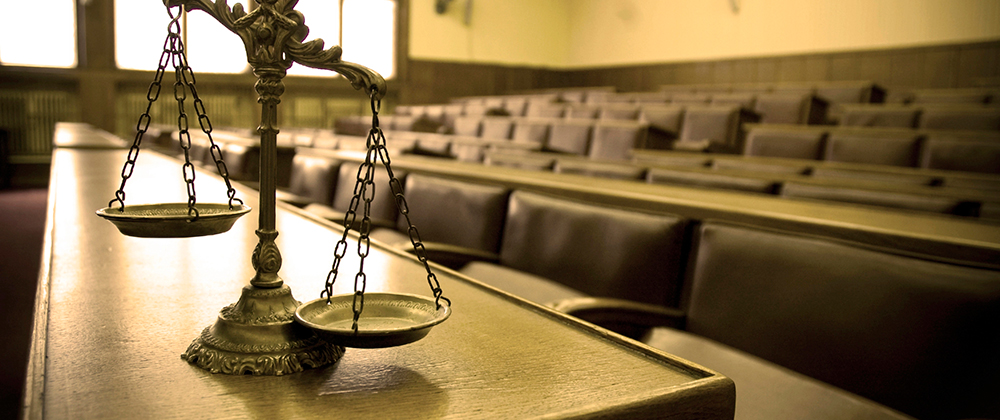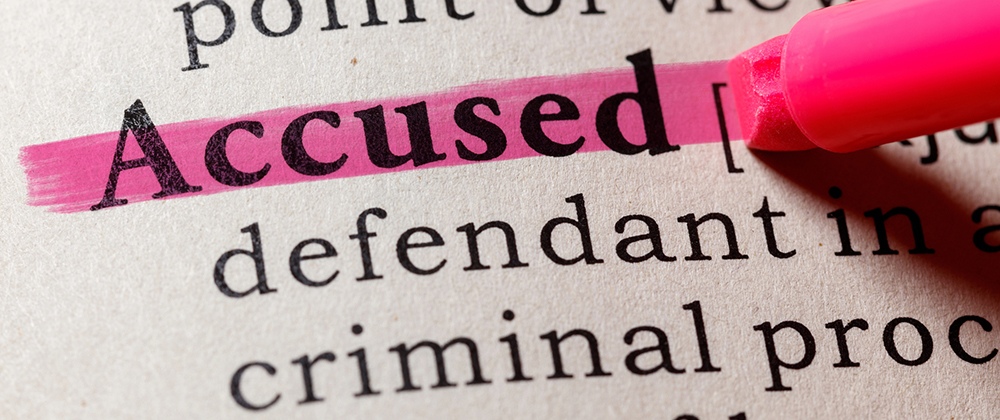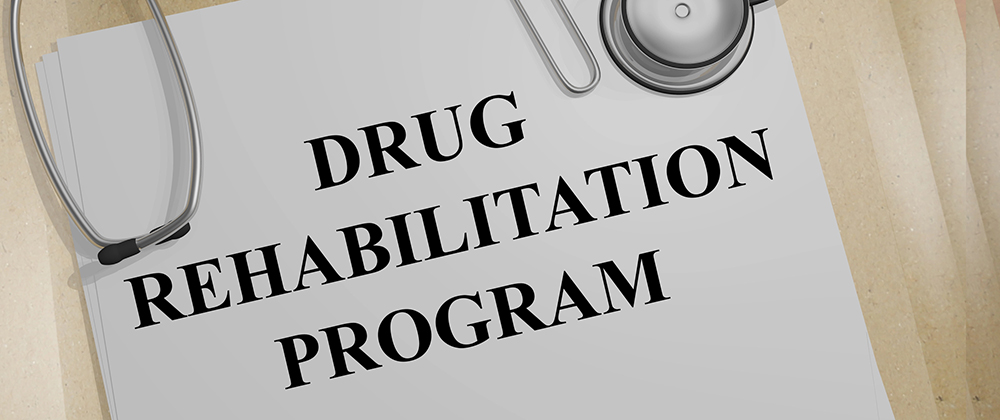Identification Errors Increase as DNA Science Expands
By: Gerri L Elder
DNA evidence is largely regarded as the final word in the identification of criminal suspects. It is the most reliable forensic science and plays an integral part in many criminal cases, to the frustration of some criminal defense attorneys. However, as effective as DNA identification is, it’s not perfect and has limits.
A recent article by The Los Angeles Times highlighted the imperfections in DNA science. Contamination of samples or samples that go untested for many years can produce inaccurate results and reap havoc on the justice system.
In 2004, Jerry Bellamy was arrested in New Jersey and charged with the murder of Jane Durrua, reported The Los Angeles Times. Durrua, an eighth-grade student, was raped, beaten and strangled 36 years before Bellamy’s arrest. Prosecutor John Kaye announced that through DNA science, the mystery of Durrua’s murder had been solved.
As it turned out, Bellamy did not murder Durrua. Two years after his arrest, investigators discovered that DNA evidence from the murder scene had been contaminated. Bellamy’s DNA was being tested in an unrelated case at the same lab that the Durrua crime scene evidence was being examined. When this error was discovered, Bellamy was freed. Another man was arrested for the murder, but died before trial.
DNA evidence is often used to exonerate people who have been wrongly convicted; however, mislabeled and contaminated samples can also link innocent people to crimes. During criminal trials, DNA evidence is represented by prosecutors as infallible, and jurors generally believe that DNA can’t be wrong. The problem is that it can – and sometimes it is.
In some cases, crime labs have huge backlogs of DNA samples that sit untested. While this evidence collects dust, criminals who could have been caught have the opportunity to commit another crime.
There have also been debates about whether DNA collection and storage is constitutional. Civil rights advocates argue that storing DNA of people who have been arrested but not convicted is a violation of privacy.
Despite the imperfections, backlogs and questions about violating rights, a dramatic DNA database expansion in planned.
Starting in January 2009, California Proposition 69, which passed in 2004, will allow authorities to store the DNA of anyone arrested on suspicion of serious misdemeanors and felonies. These DNA samples will be stored regardless of conviction. California’s DNA database is expected to grow by 300,000 in 2009.
The FBI’s national DNA database currently contains approximately 6.4 million profiles. This database is expected to grow by about 1.3 million each year with the addition of DNA profiles from federal arrests and illegal immigrants.
When Prop. 69 passed in California, it was believed that innocent people should not be afraid of having their DNA profiles stored in a database. Now that more errors have been discovered, it seems that there may be reason for concern.
UC Irvine criminology professor William Thompson is considered the leading authority in the U.S. on DNA laboratory error. The Los Angeles Times obtained documents from five state-run and three county forensic labs and discovered reports of many laboratory errors or “unexpected” results over a five-year period ending in 2007. Thompson reviewed the records for The Times and concluded that laboratory personnel routinely make mistakes that could lead to the false identification of suspects.
Without a doubt, as DNA databases grow, so do the chances that innocent people will be linked to crimes.The information I am posting comes from the Web or Hassett and Associates P.A. If you would like to learn more about us go to www.criminaldefense.cc.
Hassett & Associates, P.A.
Call 24/7 - (954) 791-3939 | Hablamos Español



